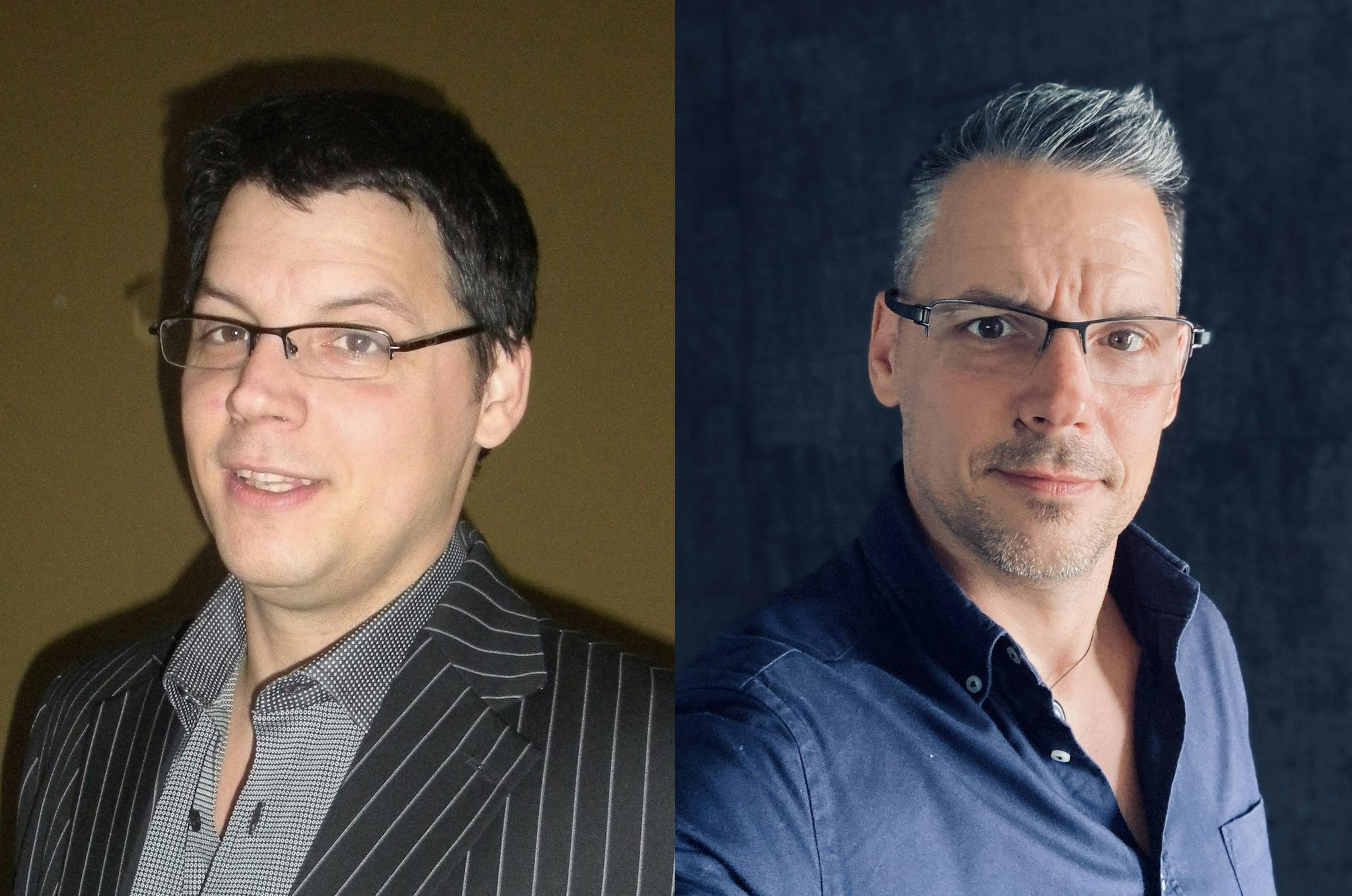
Raised to Endure
2024.07.16.
We do so many things we don’t like for the sake of the few things we do. I often hear this: we tolerate 80% of things just to enjoy the remaining 20% that we love. Is the famous Pareto principle, the 80:20 rule, true for our lives? Or is it just another paradigm that sometimes helps us accept things and sometimes gives us an excuse not to act? And if it’s not true, can we flip that ratio? Or could it be 100% good?
I think this 80:20 rule is just another fixation, and sure, you can accept it if you want, but I don’t want to. I think it conditions us to
Endure!
The Pareto principle, also known as the 80:20 rule, is named after Vilfredo Pareto, an Italian economist who observed in the late 19th century that 80% of the land in Italy was owned by 20% of the population (what a nice ratio… I wonder what it’s like today?). The theory suggests that in most cases, 80% of the results come from 20% of the causes. This principle has since become widely applied in economics and management because it helps identify key areas to focus on for maximum efficiency.
80:20 as a Tool
We can apply the Pareto principle to many areas of our daily lives. For example, at work, theoretically, 20% of the tasks we complete bring 80% of our success—if we can recognize which 20%. Or in our free time, 20% of our activities bring us 80% of our joy. This approach can help us focus more on what truly matters and avoid wasting time and energy on less important things. Applying this principle can also help reduce stress by setting priorities, which in turn helps us decide what to do. This makes it easier to sort through our tasks.
Focusing on the most important activities allows us to manage our time and energy better, reducing tension, stress, and the risk of burnout. That’s how I felt during the first three years of Games for Business when I was managing a small team and was responsible for the company’s finances, sales, marketing, creative concepts, and, of course, key clients. It’s impossible to do it all, so you have to decide what’s important, accepting that there will be skeletons in the closet...
80:20 as an Excuse
Entrepreneurship is tough—it’s tough for everyone. You take risks, take out loans, work 12-14 hours a day, your employee slacks off, and then leaves for a better offer even though you taught them the trade. But that’s how it is. 80% of things suck, but there’s that remaining 20% that’s good. Maybe it will be worth it. Perhaps... And besides, everyone’s in the same boat. It’s part of our culture too. Isn’t that what our religion taught us? There might be suffering, insults, lies, but let’s rejoice because abundance will be our reward in the afterlife... Things will be better later.
But I don’t want to spend my life struggling just so things can be good in heaven. I don’t want to accept that 80% of life is tough, and you just have to push through it to enjoy the remaining 20%.
I accept that there are tough parts of life.
Because yes, not everything is as I want it to be. BUT! But why can’t that ratio be reversed? Or you know what? Maybe it can’t be reversed, but I want to strive for that. Because I have this idea—and maybe it’s just a romantic notion—that 80% of life could be that awesome thing where you wake up and say, “THIS IS IT, this is great!”
And if it’s good, that’s fantastic!
So, do we need that 80% to be 100%? Not necessarily. Because it might not be worth it :) This reminds me of software product development, which we did for years before Games for Business. You can create an 80% good product without much trouble. A 90% good product is already challenging, but achievable. However, refining and perfecting it becomes increasingly difficult. I’ve experienced that developing beyond 90%... well, each additional percentage point becomes a blood, sweat, and tears effort. Creating a 100% perfect product isn’t impossible, but those last few percentage points... it might be that what you gain from them isn’t worth the energy you have to invest.
So why bother?
Maybe that’s the secret to a happy life too. Finding that balance where you reach a level of perfection that no longer requires you to make things better because you understand that the energy for improvement takes more than you get in return. And at that point, you can let go of the pursuit of better. Because what you have will be more than good enough. It will be the best good, even if it’s not 100%.
There’s something thrilling about being able to stand—and not just stand, but move forward—on this very thin line, this tightrope in life...
And maybe it doesn’t matter whether it’s 20, 60, 80, or 90% good—the important thing is that the ratio feels right for you, that it’s not a compromise or mere endurance, but a good that truly is good enough.
--
The article was translated from Hungarian to English by ChatGPT. Thank you, ChatGPT, for being here.














